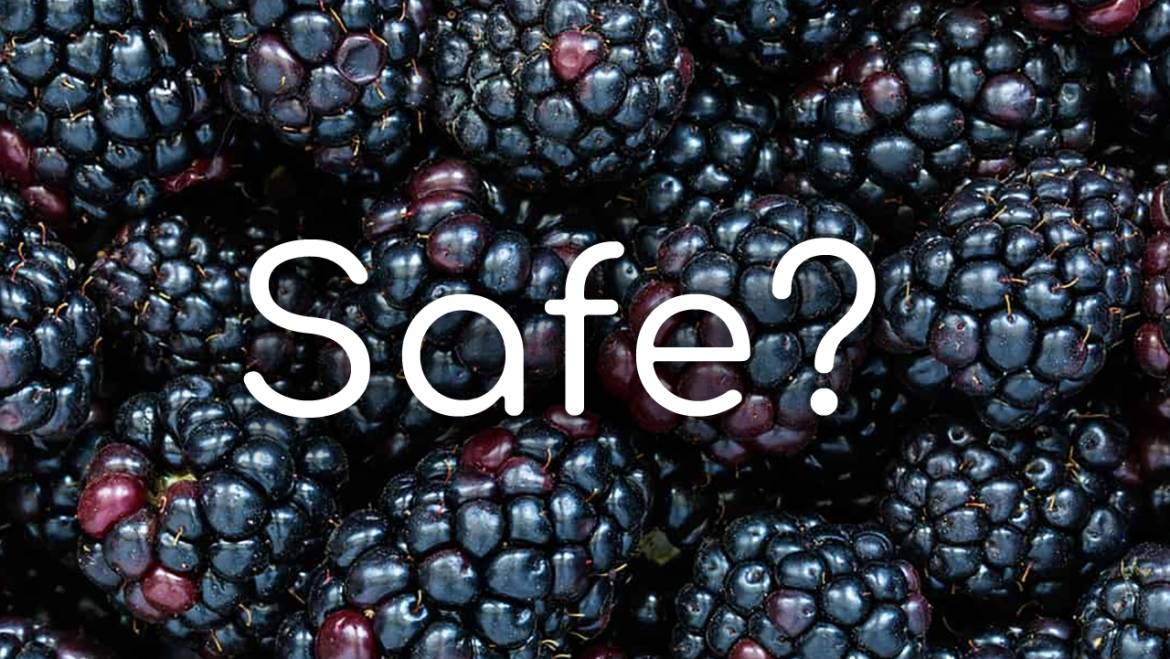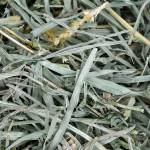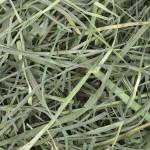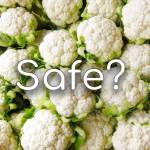Chinchillas are delightful and adorable creatures, known for their fluffy fur and playful nature. However, when it comes to their diet, owners must be careful and selective about what they feed their furry friends. One of the questions that often arises is whether chinchillas can eat blackberries. In this article, we’ll explore the nutritional value of blackberries, potential benefits and drawbacks of feeding them to chinchillas, and how to do so safely.
Nutritional Value of Blackberries
Blackberries are rich in various nutrients that can be beneficial to both humans and animals. They contain high amounts of Vitamin C, antioxidants, fiber, and minerals such as potassium, magnesium, and calcium. However, despite these benefits, blackberries should not be a staple in a chinchilla’s diet.
Pros of Feeding Blackberries to Chinchillas
While blackberries should not be a primary food source for chinchillas, they can still be fed as an occasional treat. The high fiber content in blackberries can help promote healthy digestion in chinchillas, which is crucial to their overall health. Additionally, the antioxidants in blackberries can help boost their immune system and protect them from diseases.
Cons of Feeding Blackberries to Chinchillas
While there are some benefits to feeding blackberries to chinchillas, there are also potential drawbacks. Blackberries are high in sugar, which can be harmful to chinchillas if consumed in excess. High sugar intake can lead to obesity, dental problems, and digestive issues in chinchillas. Additionally, blackberries contain oxalates, which can cause urinary tract problems and bladder stones in chinchillas.
How to Safely Feed Blackberries to Your Chinchilla
If you decide to feed blackberries to your chinchilla, there are some precautions you need to take to ensure their safety. First, make sure to wash the blackberries thoroughly before feeding them to your chinchilla to remove any harmful chemicals or bacteria. Second, only feed your chinchilla a small amount of blackberries as a treat once or twice a week. A safe serving size is about one or two blackberries. Lastly, monitor your chinchilla’s reaction to the blackberries to ensure they don’t have any adverse effects.
Other Foods to Feed Chinchillas
While chinchillas can eat some fruits as a treat, their diet should primarily consist of hay, pellets, and fresh water. Hay should make up 80-90% of a chinchilla’s diet and should be available at all times. Timothy hay is the best type of hay for chinchillas as it is low in calcium and high in fiber. Pellets should make up the remaining 10-20% of a chinchilla’s diet and should be specially formulated for chinchillas to ensure they receive all the necessary nutrients.
Foods to Avoid Feeding Chinchillas
Just as it is essential to know what foods are safe to feed chinchillas, it is equally crucial to know what foods to avoid. Chinchillas have a delicate digestive system, and certain foods can be harmful or even fatal to them. Foods to avoid feeding chinchillas include chocolate, nuts, seeds, dairy products, high-sugar fruits, and vegetables that are high in oxalates or contain a lot of water.
In conclusion, while blackberries can be fed to chinchillas as an occasional treat, they should not be a significant part of their diet due to their high sugar content and potential health risks. It is essential to provide your chinchilla with a well-balanced diet that consists primarily of hay and pellets to ensure they receive all the necessary nutrients to maintain their health. It is also crucial to avoid feeding your chinchilla any foods that are harmful or potentially harmful to their delicate digestive system.
By following these guidelines, you can help ensure that your chinchilla stays healthy and happy. Remember, if you have any doubts or concerns about your chinchilla’s diet or health, it’s always best to consult with a veterinarian who is experienced in treating chinchillas.







